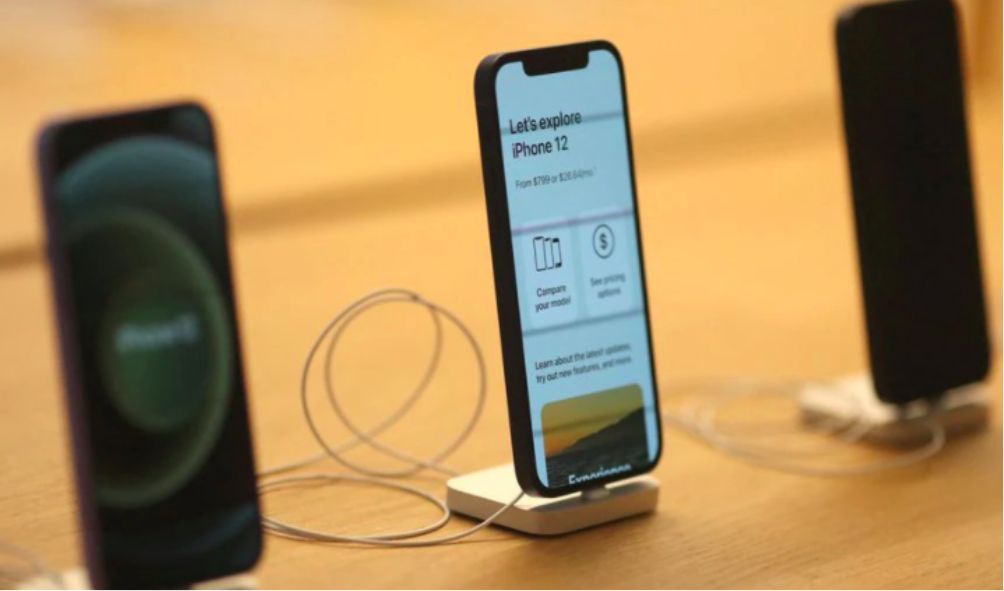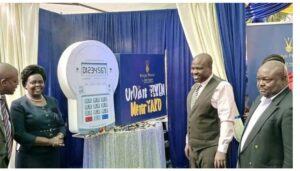Government introduces new tax on smartphones (Blank Tape Levy)

The government through the Copyright Board imposes tax (Blank Tape Levy) on smartphones and any recording devices
The government through the Copyright Board imposes tax (Blank Tape Levy) on smartphones and any recording devices.
The Kenya Copyright Board (KECOBO) has announced the implementation of a new levy on any media that can be used to record or make copies of copyrighted material.
This includes smartphones, CDs, DVDs, and USB drives among others.
The new Blank Tape Levy will be implemented on September 15, 2023.
In a notice on Monday, September 11, the board noted that the new levy will be charged on items that may be used to carry copyright-protected content.
“This is to notify the general public of the commencement of the implementation of the Blank Tape Levy with effect from September 15, 2023, pursuant to sections 28(3)(6) and 30(6) of the Copyright Act and the second schedule part B of the Copyright Regulations 2020.
“Blank Tape Levy is collected on items that may be used to carry copyright-protected content for private copying payable at the point of entry into Kenya or at the point of first manufacture locally,” the notice read in part.
Relief for Kenyans as Ruto waives all penalties on accrued pending taxes
Uhuru’s Cousin wades into alleged Ruto Wamatangi war in Kiambu
Kenya Power reduces the cost of tokens
Ruto to build new State House in Mt Kenya region
Raila says Azimio ready to explore other options if bi-partisans talks seem unpromising
According to KECOBO, the Blank Tape Levy will be imposed on the sale of blank media and devices such as smartphones, CDs, DVDs, and USB drives.
“Blank Tape Levy is a nominal fee imposed on the sale of blank media and devices such as CDs, DVDs, USB drives, and smartphones, which can be used to make personal copies of copyright content,” the board noted.
The levy will be paid by the manufacturers or importers of the blank media or devices.
KECOBO further noted that the money collected from the levy will compensate copyright holders for potential revenue lost when individuals make private copies of their copyrighted works, such as music, movies, or software.
According to Music Copyright Society of Kenya (MCSK) CEO, Ezekiel Mutua, the implementation of this levy will see the country generate Ksh6 billion annually.
Also read,
Ruto responds to Raila over claims on donated Russian donated fertilizer
KDF responds after several solders feared dead following Al-Shabaab attack
Tanzania, Uganda, and Rwanda join to retaliate against Kenya over UK trade deal
Why Kenyan government is introducing mandatory diaspora fund on migrant workers
Follow us





